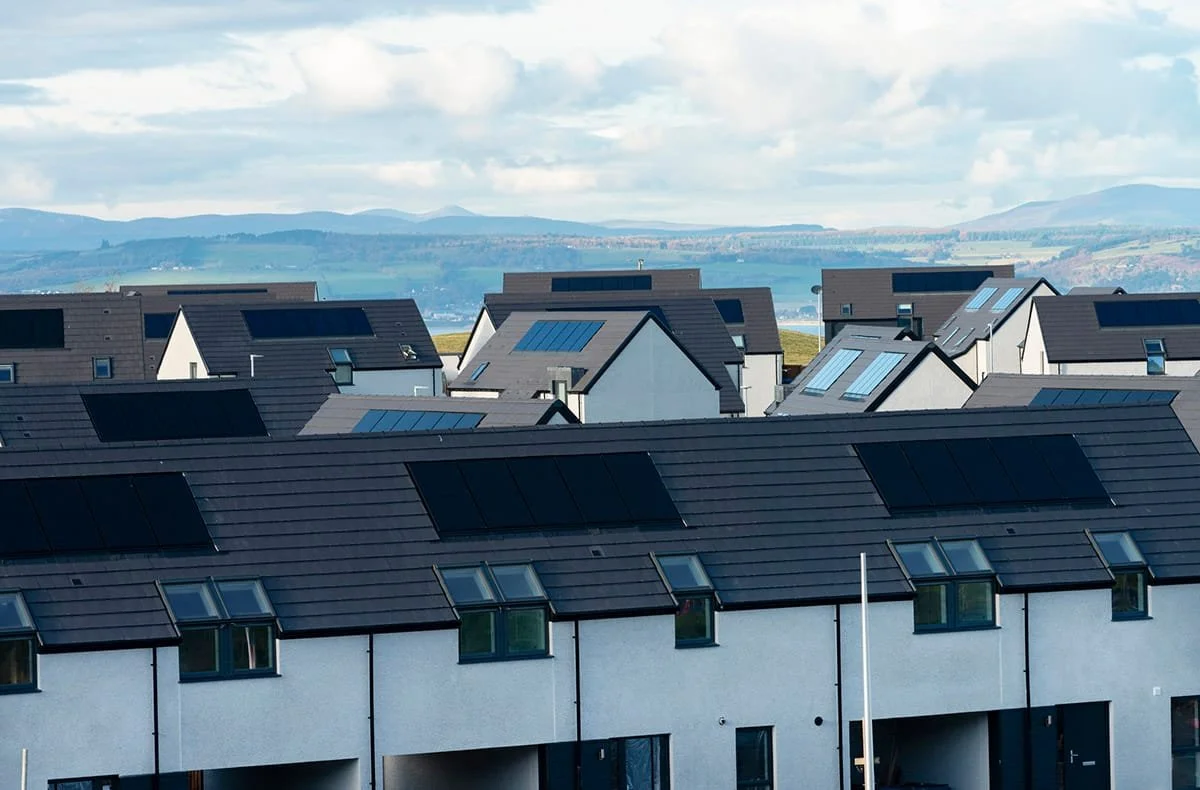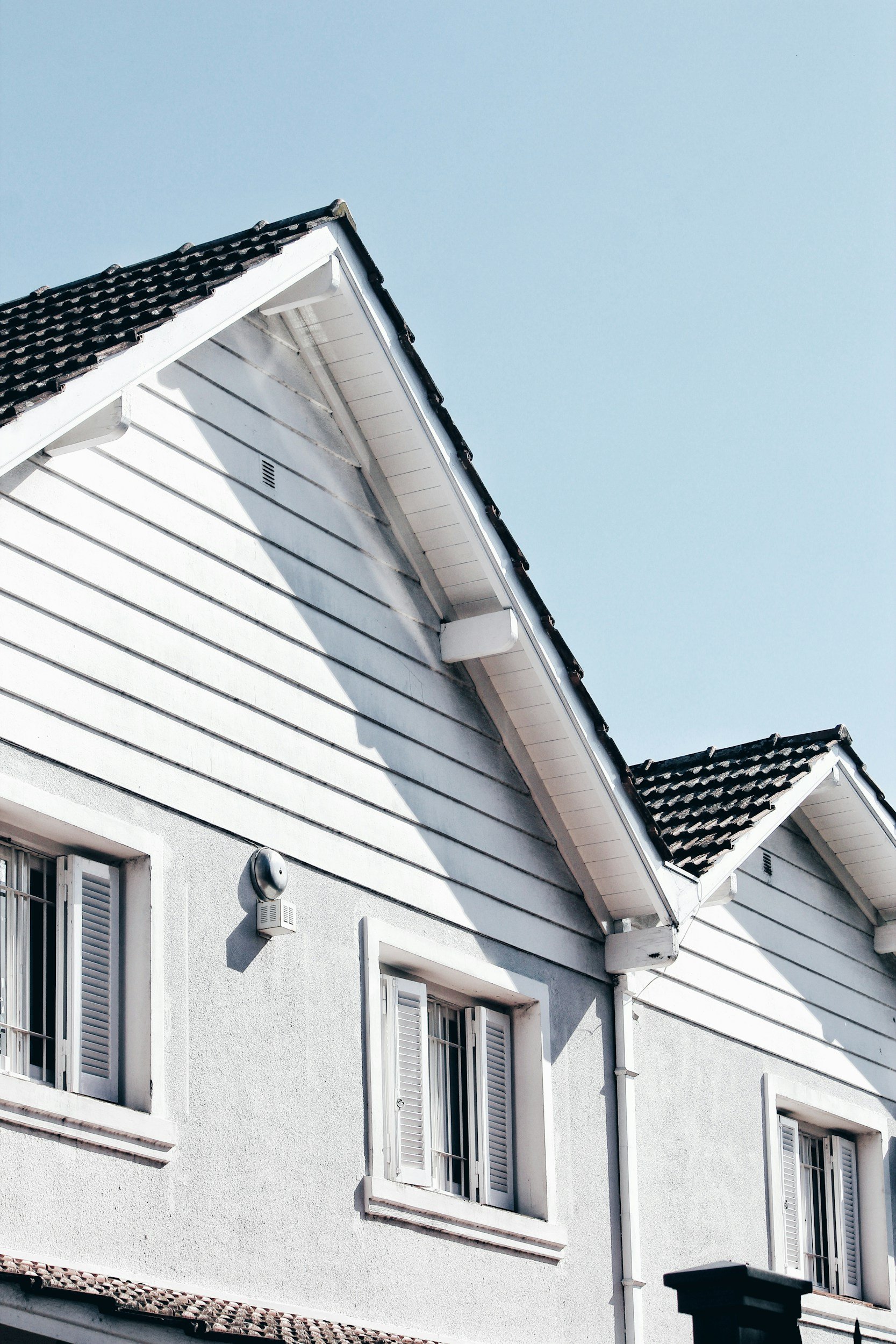
For Homeowners.
Energy Performance Certificate.
An Energy Performance Certificate (EPC) is a document that details the energy performance of a building. If you are selling or renting out your property then you need an EPC.
Whether you’re selling your home, applying for a grant or want an updated EPC to reflect changes you’ve made we can provide EPCs for you.
An EPC highlights the energy efficiency improvements you could make, how much they will cost, and how much you could save. This can be useful when looking to improve your current property, and is a legal requirement to show a potential buyer or tenant the energy efficiency of the property.
Book your EPC today
£79 fixed price - includes all third party charges and insurance
Ready for you 24 hours after your survey
Takes around 45 minutes on site
Energy Performance Report.
An Energy Performance Report (EPR) gives you tailored advice on the most cost-efficient energy efficiency upgrades to your home.
The report will model different approaches and scenarios to you before you spend hundreds or even thousands of pounds on improvements.
This fully insured report provides a clear view of each scenario we have modelled, allowing you to see the impact of each energy efficiency measure with regards to annual fuel cost saving, CO2 emissions saving, energy rating, and installation costs. This is especially crucial now, with rising costs and increasingly mortgage rates dependent on energy ratings.
Book your EPR today
£99 fixed price - includes all third party charges and insurance
Ready for you 72 hours after your survey
Takes around an hour on site
ECO Grant Funding.
A whole-house domestic retrofit service for heating, solar and insulation upgrades which help to lower bills, reduce carbon emissions and alleviate fuel poverty.
All work is backed by guarantees.
In order to be approved for the grant, somebody living at the property must be in receipt of one or more of the ECO4 qualifying benefits. We can also help you if you have a low household income and live in a property with a low Energy Performance Certificate (EPC) rating.
You can get funding for the energy efficiency measures below.
-
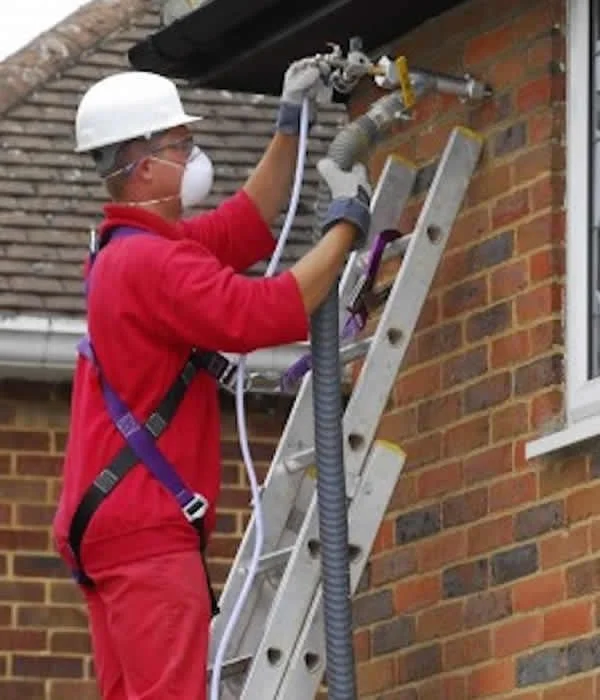
Cavity Wall Insulation
About a third of all the heat lost in an uninsulated home escapes through the walls. By properly insulating cavity walls, you will save energy and cut your heating bill.
-
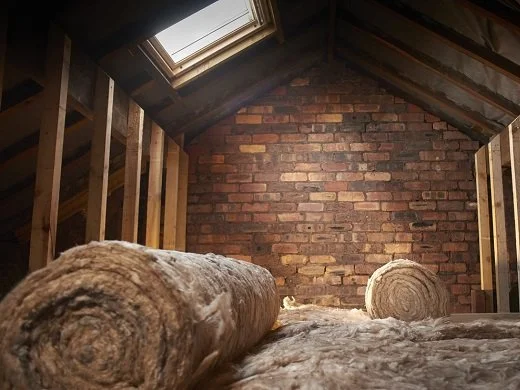
Loft Insulation
A quarter of heat is lost through the roof in an uninsulated home. Insulating your loft is an effective way to reduce heat loss. Installed correctly, loft insulation should pay for itself many times over in its 40-year lifetime.
-
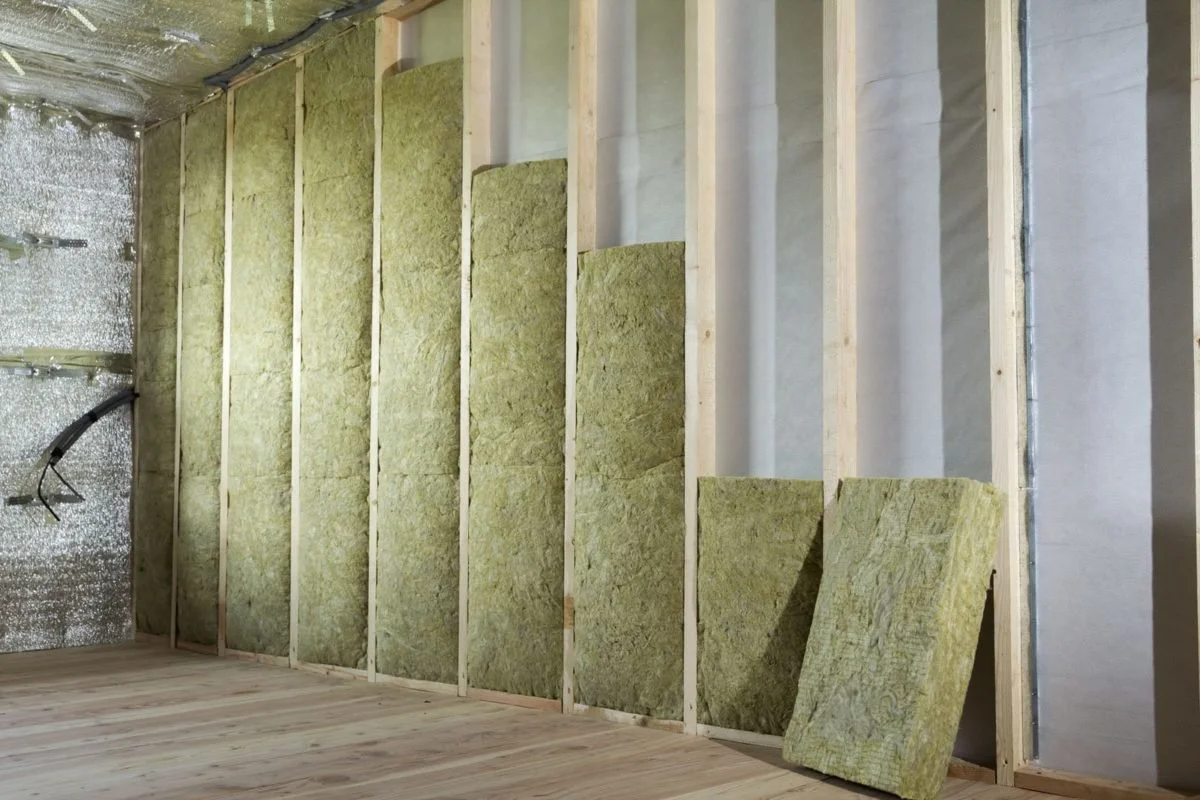
Solid Wall Insulation
Insulating your solid walls could cut your heating costs considerably, and make your home more comfortable. If your home was built before the 1920s, its external walls are probably solid walls rather than cavity walls.
-
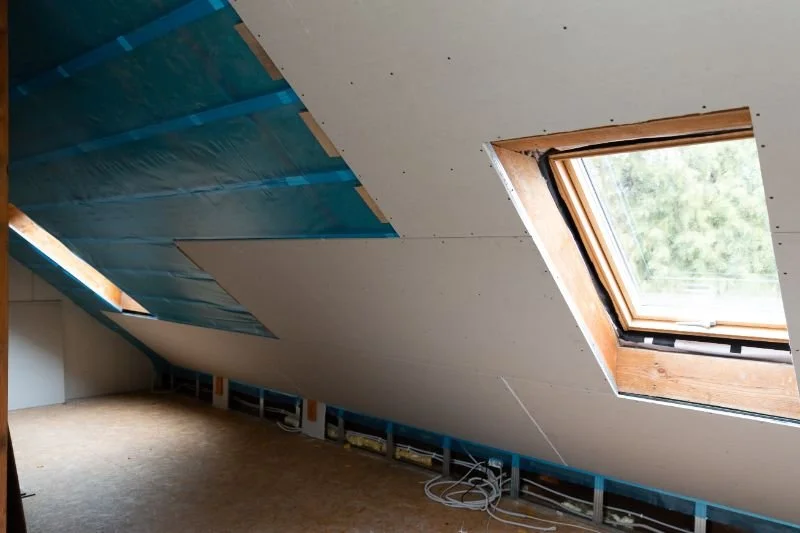
Room in Roof Insulation
If you want to use your loft as a living space, or it is already being used as a living space, then you need to make sure that all the walls and ceilings between a heated room and an unheated space are insulated.
-
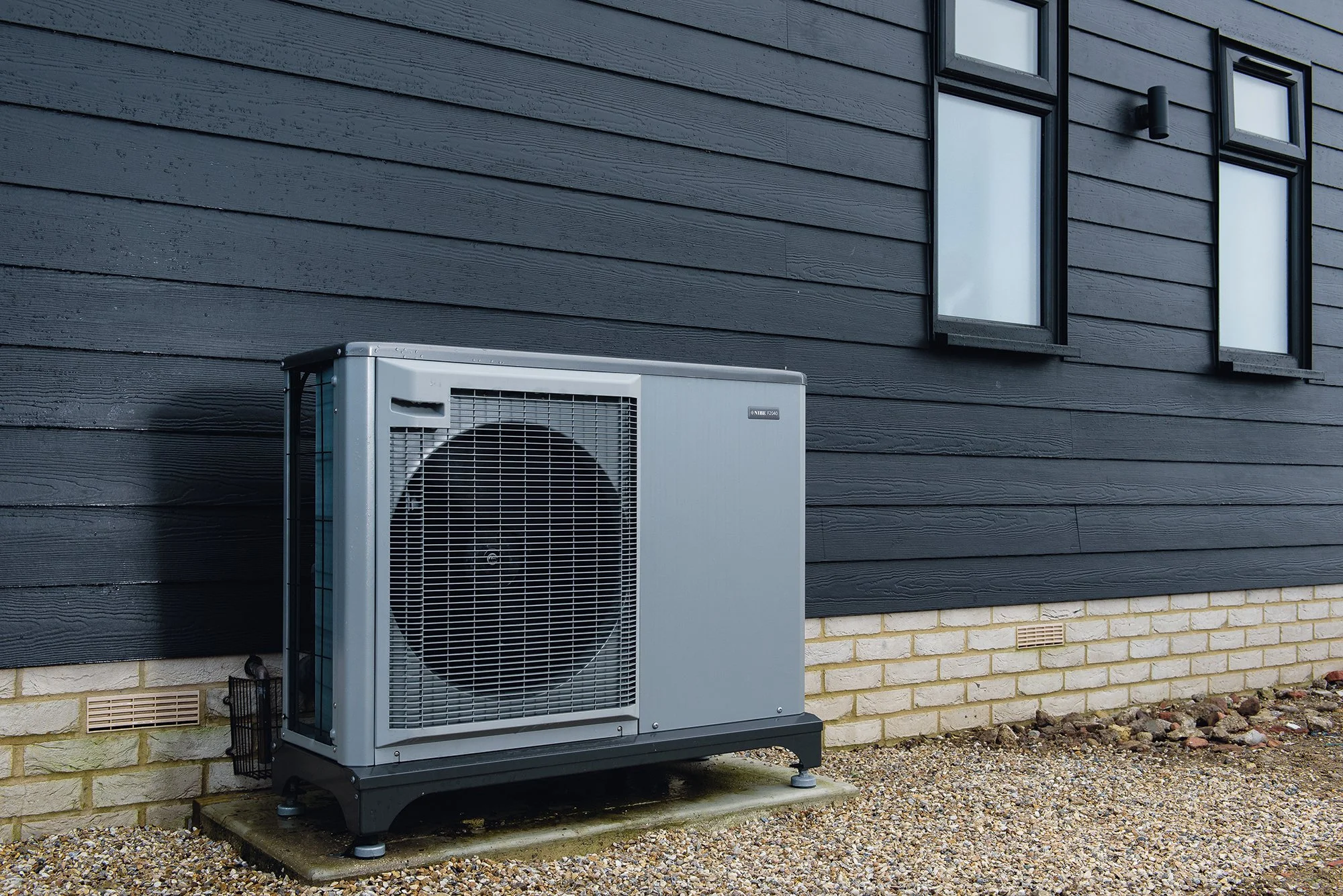
Air Source Heat Pump
An air source heat pump, sometimes referred to as an air-to-water source heat pump, transfers heat from the outside air to water. Air source heat pumps are suitable for many types of homes. They’re the most common type of domestic heat pump, with tens of thousands of installations across the UK.
-
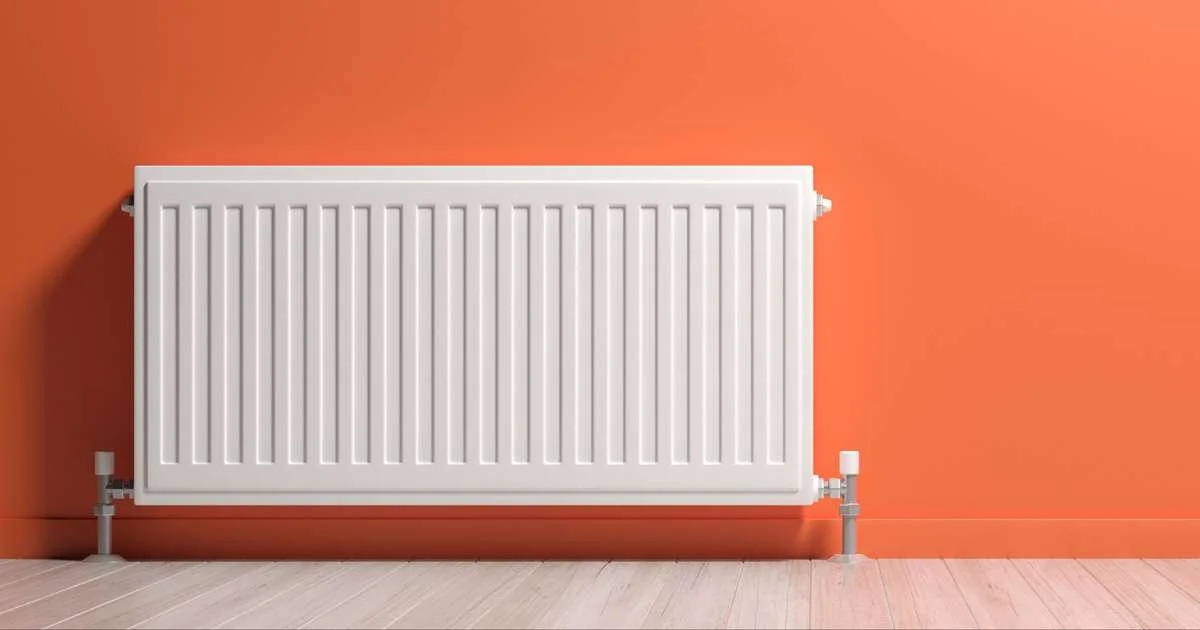
First Time Central Heating
The First Time Central Heating Scheme helps with the installation of central heating in homes that have never had central heating before. Properties that qualify for the scheme include homes heated using inefficient electric storage heaters and room heaters.
-
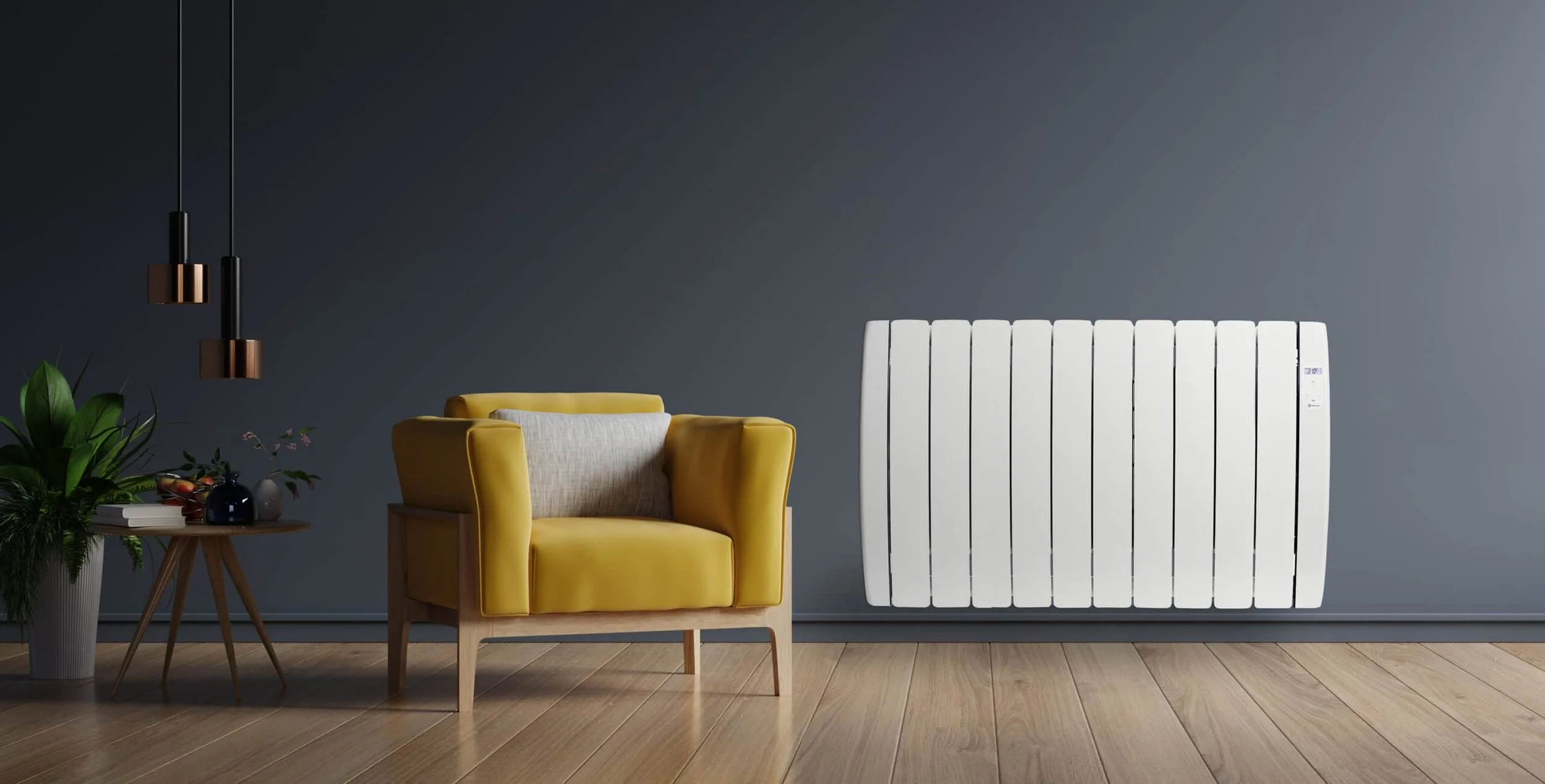
Electric Storage Heaters
Storage heating technology has improved considerably since storage heaters were introduced in the 1960s. Storage heaters manufactured after 2018 must meet stricter efficiency standards and come with better controls. Upgrading to modern storage heaters could make your home more comfortable and save you money on your heating bills.
-
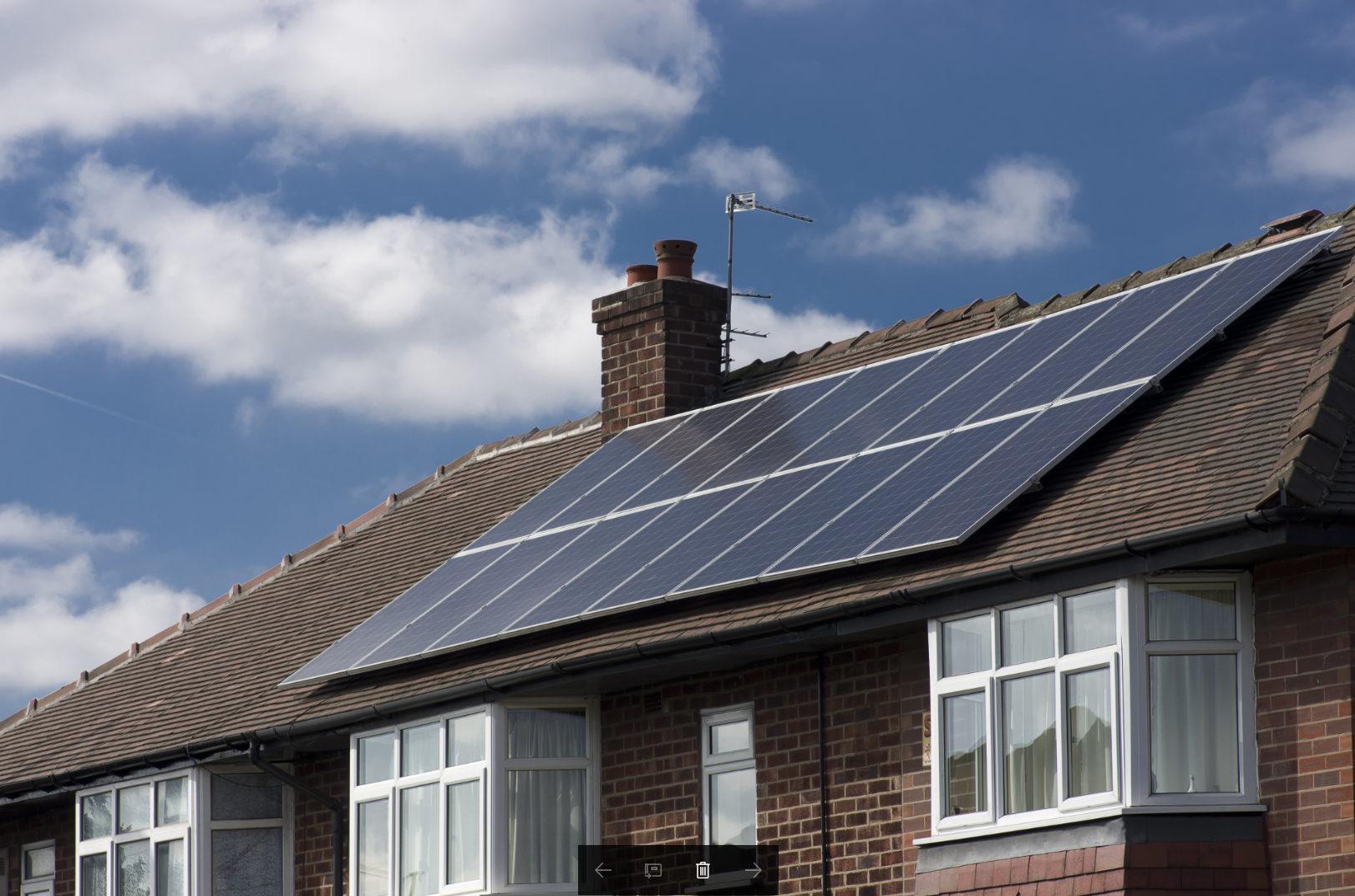
Solar PV System
Solar electricity panels, also known as photovoltaics (PV), capture the sun’s energy and convert it into electricity that you can use in your home. By installing solar panels, you can generate your own renewable electricity.The cells don’t need direct sunlight to work and can even work on cloudy days. However, the stronger the sunshine, the more electricity generated.
Apply for an ECO grant today
No cost to you - 100% of costs are covered by funding
Save hundreds of pounds on your heating bills
All work is guaranteed and carry out by registered installers

